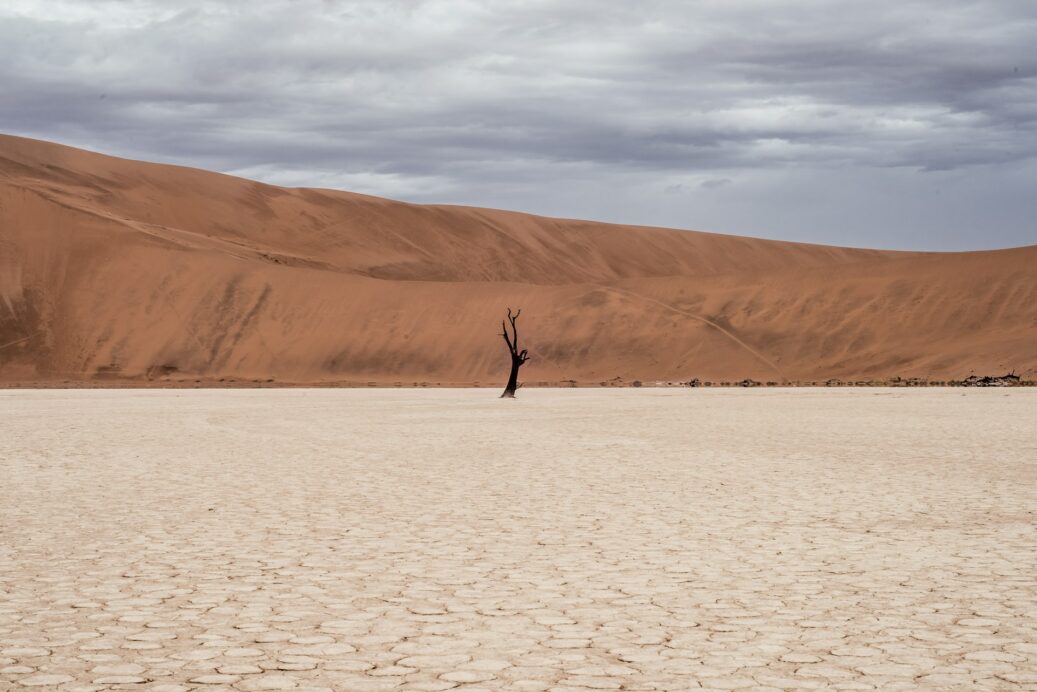Did any men out there make any New Year’s resolutions?
Every year, the same few show up on my list. I try to set one goal in a few different areas.
There is usually one health goal (“get in shape,” whatever that means).
There’s always a professional goal (earn a new certification, develop a particular leadership characteristic, or something like that).
There’s a relational goal (deepen my connection with my wife and kids).
And there’s always a spiritual goal. Usually, that spiritual goal is something simple, like spending more time in Scripture.
The thing about resolutions is that they require us to look back over the preceding year and notice the things we don’t like—or at least wish were different, better.
Looking over 2024 to set my resolutions for 2025, I had to be honest about the state-of-affairs in each area.
It wasn’t always a pleasant look.
I tend to be of the disposition that if things can be better, they should have been better. Things that weren’t what they should have been represent failures on my part to live up to the standards I should have or the potential they could have.
This last year didn’t live up to its potential in any way—just ask my wife. Especially on the spiritual side. While I can take the lion’s share of the responsibility for this due to my own inconsistencies, it still generally felt a little flat, like something beyond my control was off.
The more I reflected on the year, the more I began to think I may have been in a spiritual “wilderness.”
Wilderness. The idea can be a scary one. It’s a time of spiritual dryness, where God seems further away. It’s almost always associated with punishment and hardship. It can be lonely and frustrating. A realization that we have been, or are, in a spiritual wilderness can lead to all sorts of questions:
What did I do to deserve to be in the wilderness?
How can I make things right and get out of this wilderness?
What am I missing out on while I am here?
How long will I have to be here?
What am I supposed to learn or change?
Is this affecting anyone else?
As I wrestled through these questions, I began to think through the last year in a little more detail. It was fair to say it had indeed been a year in the spiritual wilderness. But as I thought about my own wilderness experience, I couldn’t help but think about Israel’s wilderness experience.
Israel spent 40 years in the wilderness because they didn’t trust God. They balked at the size of the task in front of them and didn’t trust God to tackle the giants that opposed them (see Numbers 14:1-35).
But that’s just the reason for their wilderness wandering. It wasn’t their wilderness experience. That realization caused me to stop and consider. Too often, we look for the cause of the wilderness and don’t examine the wilderness itself.
The biggest frustration about a spiritual wilderness is the feeling that God is distant (or that we are distant from God, but that is hair-splitting). We feel dull and lifeless. It’s why we call it a wilderness. While we may know theologically that God is no further away than He ever was, we do not experience Him in the vibrant way we expect.
Too often, we look for the cause of the wilderness and don’t examine the wilderness itself.
Israel’s wilderness wandering invites us to reconsider that thought.
During their wilderness, Israel saw, heard, and felt God. He provided direction for them through cloud and fire (Exodus 13:21). It was in the wilderness that the tabernacle (the place where God resided among the people) was built (Exodus 26:1-37). It was in the wilderness that manna covered the ground, and quail flew, almost literally, into Israel’s fires (Exodus 16:1-35).
In the wilderness, God was not absent. It was in the wilderness that Israel saw God’s faithfulness all the more clearly. Israel saw that even in the midst of punishment and delayed entry into God’s promises, He was still with them and still caring for them.
It was in the wilderness that Israel saw God’s faithfulness all the more clearly.
As we remember what the wandering experience of Israel truly was, it gives us hope for the days of our own wildernesses. Whenever we find that sand is grinding in our spiritual sandals, may we be men who remember that the wilderness is a place of presence, power, and provision.
Let us look for God in ways we have not before, because the wilderness is still a place of God’s creation.
About


